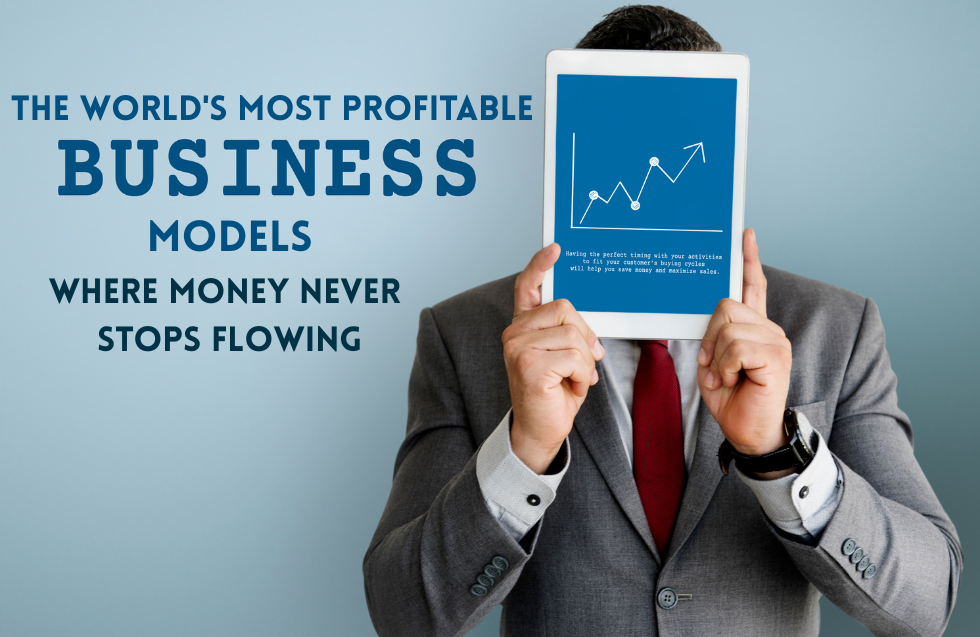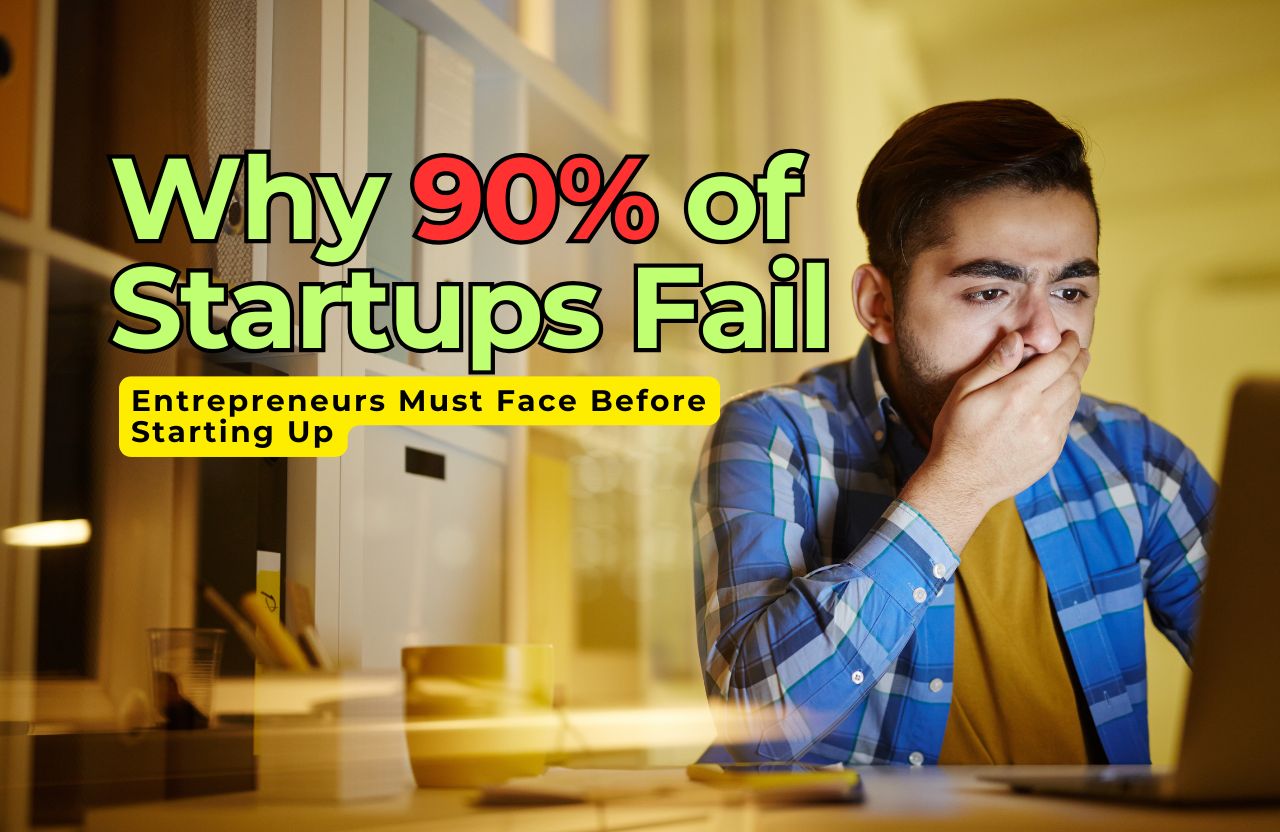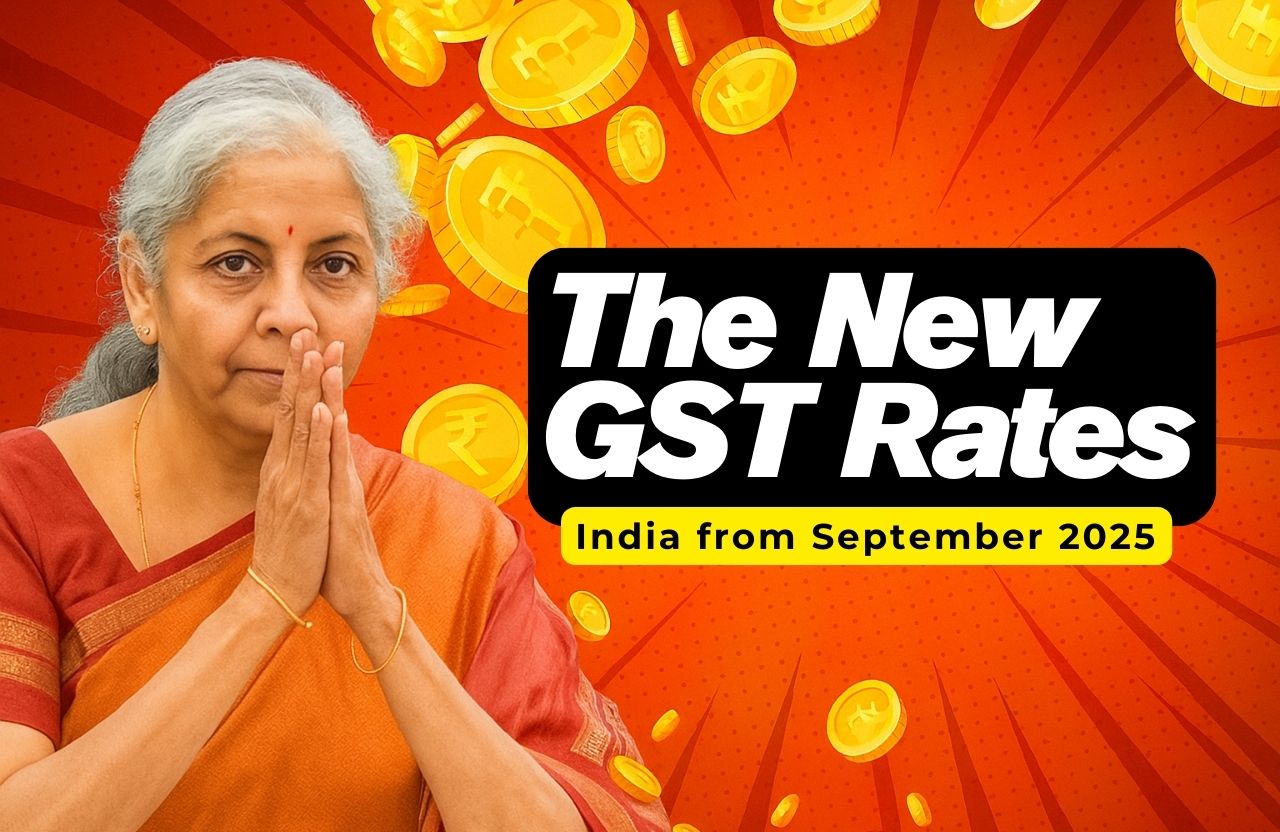The Harsh Reality of Startup Failures
Thinking of building a Startups Fail can sometimes be romanticized into a passion project, time-management freedom, billion dollar disruptive technology and the chance of becoming the next unicorn. But behind those press releases and trendy press announcements a sober truth emerges the vast majority of startups fail.
The numbers are frightening. In 2025 about 90% of startups fail and most don’t make it past five years. Even venture-backed companies that raise millions go under. The reasons vary from poor planning to economic shifts but the lessons are consistent.
This article explores why startups fail, the latest failure patterns in 2025, real-world case studies and proven strategies to increase your chances of success.
Startup Failure in 2025: The New Picture
How Many Startups Fail?
The statistics are still bleak for would-be entrepreneurs:
- Almost 10% of start-ups fail in the first year.
- Close to 70% close down by the fifth year.
- By year ten, fewer than 10% are still running.
The statistics reflect a harsh fact: most businesses never become sustainable. Learning what makes startups fail is the stepping stone to steering clear of such pitfalls.
Which Industries Experience the Most Failures?
There are more volatile industries than others.
- Technology startups experience intense competition and rapid innovation cycles.
- Retail start-ups are also facing the challenge of competing against large e-commerce retailers.
- Food and hospitality startups experience high operating costs and changing consumer tastes.
- Fintech startups experience up to 75% failure rates, often stemming from tight regulations and issues of trust with consumers. When we examine why startups fail by industry, the one thread that runs through it all is: not being prepared for market changes.
Why Startups Fail: The Most Common Causes
1. No Market Need
Lack of market need is the top reason startups fail, so allocating time prior to releasing your product to validate customer interest is crucial to avoid wasting time, money and effort. Approximately 35-40% of companies close their doors because no one actually wanted the product or service.
2. Running Out of Cash
Cash flow is the lifeblood of any company. Startups tend to burn capital too fast, outlying too much on marketing or hiring before reaching profitability. 29% of startups fail due to poor financial management.
3. Weak Business Model
A fantastic idea without a revenue model is doomed. Free apps without monetization or subscription services without scalability are silent killers through a flawed business model.
4. Weak Marketing and Customer Acquisition
Even the greatest products require visibility. Most startups collapse due to underestimating marketing, brand building and customer acquisition.
5. Leadership and Team Issues
Co-founder disagreements, bad hiring or poor leadership talents cause almost a quarter of startup failure. A weak team sabotages execution.
6. Forgetting Competition
Underestimating competitors is risky. Faster, leaner or more innovative competitors frequently drive underprepared startups out of the market.
7. Failure to Adapt
Markets change every day. Startups that cannot change direction instead of pivoting tend to fail. Being adaptable and innovative is a key survival mechanism.
External Reasons Why Startups Fail
- Economic Downturns
In 2025, economic inflation and increased interest rates continue to constrict the possibilities of funds. Businesses reliant on outside funding are particularly vulnerable.
- Government Rules and Regulations
New firms are often hit with even more scrutiny due to privacy regulations, finance regulation protections and restrictions against foreign funding.
- Disruption by Technology
New technologies can destroy whole industries. Start-ups that aren’t aware of or aren’t changing with the new technology, AI-transformed changes, automation or sustainability standards will risk becoming irrelevant.
Case Studies: Popular Startups That Flopped in 2025
- Generative AI Projects – Even with billions invested, around 95% of generative AI startups fail due to unrealistic expectations, poor adoption or a lack of practical use. Most companies pursued hype without first making sure product viability.
- Zeen – Creator Economy Startup Backed by millions, Zeen wanted to empower content creators on social media. But unsustainable growth strategies and failure to differentiate led to its shutdown within a year.
- Blip – Fast Fashion Delivery Startup Blip offered fast-fashion delivery but folded in under 12 months owing to unsustainable expenses and stiff competition in the e-commerce environment.
- Plenty Unlimited – Vertical Farming In spite of receiving investment support from international investors, Plenty Unlimited went bankrupt. The case demonstrates that even “green innovation” startups collapse when profitability is uncertain.
- Builder.ai – AI Development Startup As a unicorn company, Builder.ai became insolvent following exaggerated revenues and the inability to maintain transparency in the financials.
- Canoo – Electric Vehicle Startup Canoo, a potential EV startup, went out of funds and ceased to exist entirely. The capital-heavy nature of auto ventures explains why so many startups fail in this business.
- Humane AI Pin – Wearable AI Device Humane AI Pin, having raised over $200 million, failed from not meeting expectations and being grossly overhyped. It was a case of startups failing when there is too much hype and not enough substance.
How to Avoid Startup Failure in 2025
- Validate Your Idea
Test your idea with real users before going in heavy. Utilizing an MVP will spare you from wasting years of effort on something that no one wants. Create a Scalable Business Model. Your model must be profitable. If a single sale is not profitable, scaling won’t make it so.
- Plan Financially
Monitor your burn rate, raise enough runway and make sure to think through worst-case scenarios. It will be the disciplined management of the finances that separates the survivors from the failures.
- Build the Right Team
Your team needs to buy into your vision and fill skill gaps. A great culture will reduce friction and increase execution.
- Utilize Digital Marketing and SEO
Now that we’ve established the offering, the landscape is based on visibility. Sustainable and enduring offers can be supported through SEO, social media marketing and AI supported analytics.
- Expect to Pivot
Flexibility is the secret weapon. The bulk of startups fail because they do not pay attention to the signals informing them to pivot.
The Role of AI in Avoiding Startup Failure
- AI-powered market research spot trends and foretell the behavior of consumers.
- Cost reduction and operation optimization are performed by automation tools.
- Data analysis assists leaders in making facts-based, evidence-driven decisions rather than trusting their intuition.
Success Measuring Beyond Profits
- Customer lifetime value- Long-term revenue comes from keeping customers.
- Brand Reputation- Startups that fail typically forget to value trust.
- Sustainable Growth Metrics- Rather than measuring vanity metrics such as downloads or likes, measure long-term growth metrics.
FAQs on Why Startups Fail
1. Why do the majority of startups fail within the first year?
They fail because they lack market demand or run out of money before they can gain traction.
2. What is the one single best reason startups fail?
The single best reason is lack of product-market fit.
3. Do failed startups ever turn it around?
Yes many founders pivot or start new companies after failure.
4. Does funding and investment avoid failure?
Not always. Even well-monied startups can fail when execution fails.
5. Are AI startups failing more often in 2025?
Absolutely, hype-laden launches that are missing a business model are to blame.
6. What can entrepreneurs do to lower their chances of failure?
Validation of demand, build scalable models, understand cash-flow and adapt when change is necessary.
Conclusion: Learning Why Startups Fail
The reality is that the majority of start-ups fail but a failure does not have to be final. The knowledge gained from the experience of failures will remain for the development of stronger and tougher companies in the future.
Start-ups fail for quite predictable reasons: demand, planning, financial management and the inability to change. But if you can understand that the entrepreneur can be aware, disciplined and flexible enough to beat the odds.
If you are starting a startup in 2025, think through these fundamentals. You need more than passion to succeed, you need preparation, execution and persistence.













